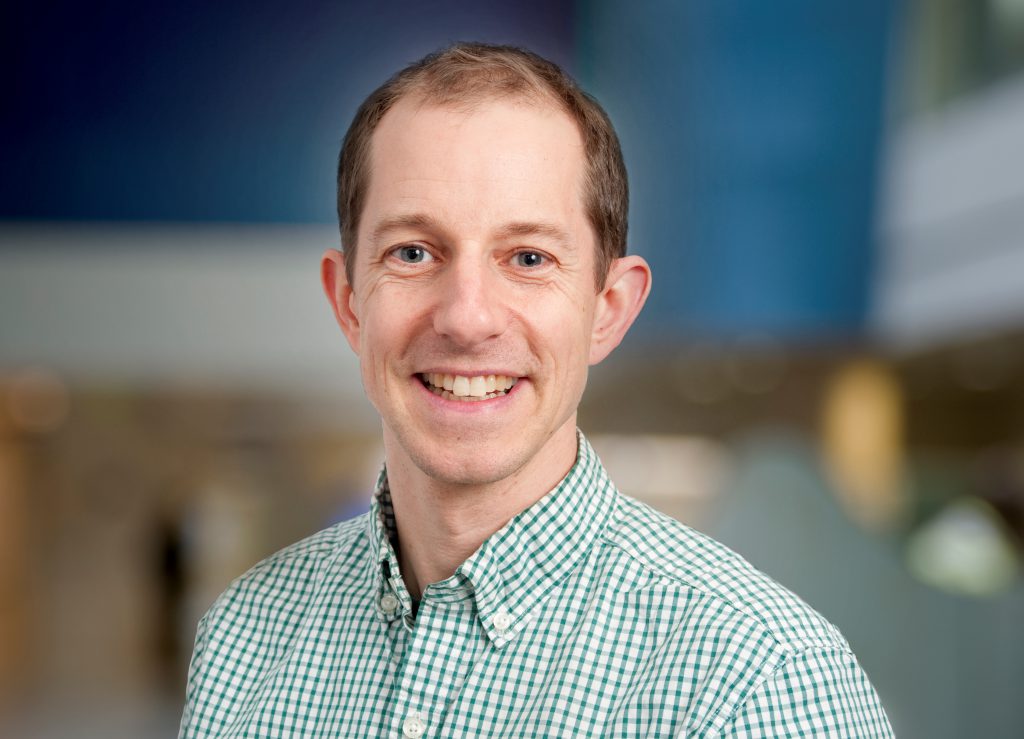
Researchers know that certain genes are linked to autism spectrum disorders — scientists have identified about 50 genes, and they estimate an additional 300 or more are also involved.
Pinpointing these genes is difficult, but it could be the key to understanding the cause of a disorder that affects 1 in every 68 children in the U.S., according to the Centers for Disease Control and Prevention. One child’s diagnosis of autism and the gene that contributed to it will likely be completely different than another child’s diagnosis and genetic influences. Now, a nationwide study will create the largest bank of autism genes in the country that researchers can contribute to and use in research.
Seattle Children’s Autism Center is helping launch the web-based registry with DNA analysis to accelerate autism research and speed discovery of treatments. The SPARK study, sponsored by the Simons Foundation Autism Research Initiative, encompasses 21 leading national research institutions doing autism research.
“When we work to identify genes that cause autism, we need a huge number of individuals diagnosed with autism because each genetic event that leads to autism is rare,” said Dr. Raphael Bernier, a researcher and clinical director of Seattle Children’s Autism Center. “This large registry allows us to identify genetic trends. Once we know which genes to focus on, we can look at more individualized treatments for the future.”
Bringing families together
The SPARK registry will help both scientists and families. With this broad database, doctors will be able to identify children with autism who have similar genetic backgrounds. Those families may be able to support each other and learn from each other’s experiences.
“We can connect families with other families who have the same genetic background,” Bernier said. “That’s one of the best ways for parents to learn what works and what doesn’t in managing autism. Parents know what works best for their kids.”
In addition, the doctors and researchers will be able to guide families towards research studies that their children may benefit from.
“This initiative will give patients greater access to autism research participation,” Bernier said. “We can let families know about treatment trials that are targeted to their specific genetic biology.”
Supporting and accelerating autism research
Bernier said the SPARK study is the biggest study of its kind. Seattle Children’s is an important site because there’s a strong collaboration between families and scientists who are leading the charge in gene discoveries for autism.
“We’re joining a monumental effort by participating in this research,” Bernier said. “The collaboration among so many leading research sites shows how deeply autism researchers believe in this project. This is a significant step forward in advancing our understanding of autism.”
Families who are interested in the SPARK study can go to http://sparkforautism.org/uw or call 206-987-7917.
Resources
- SPARK study
- Seattle Children’s Autism Center
- Autism Center Guild

